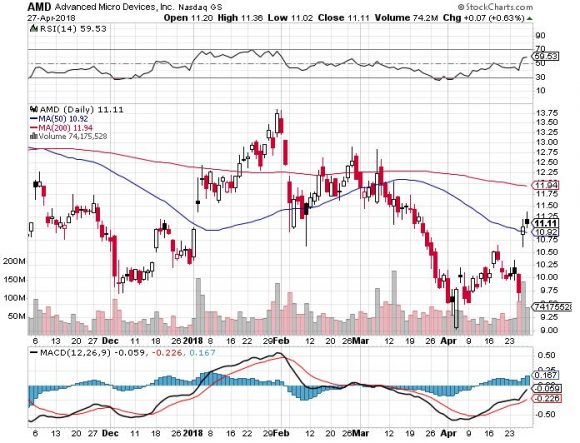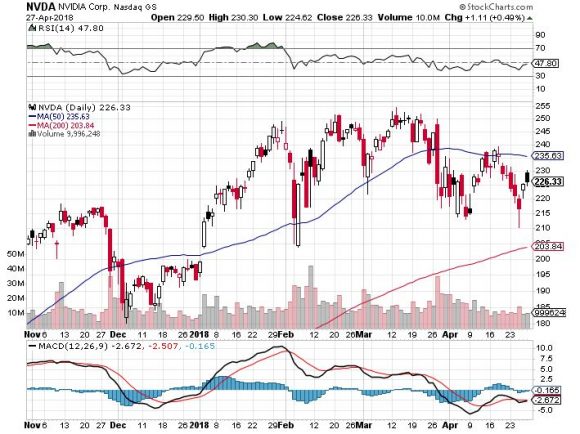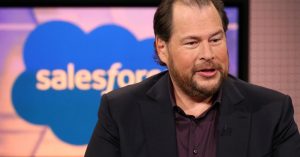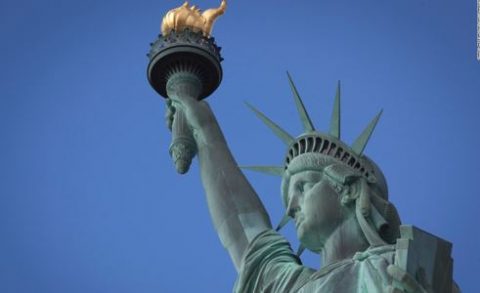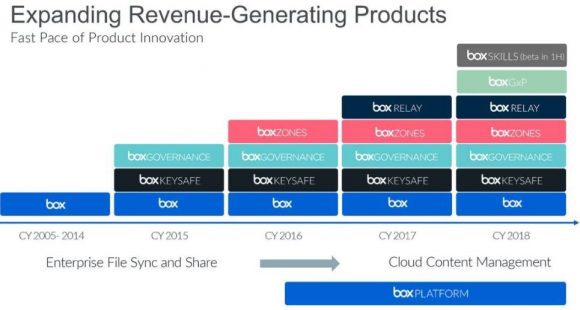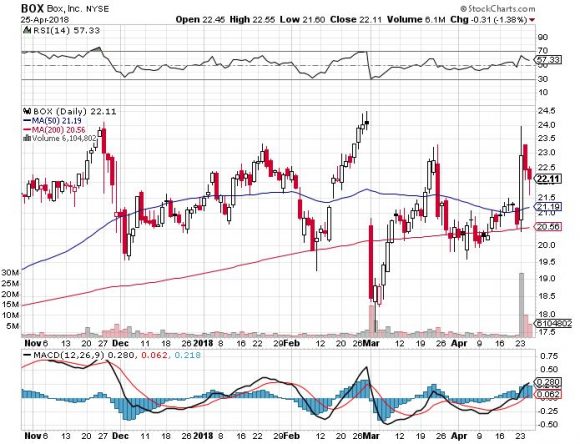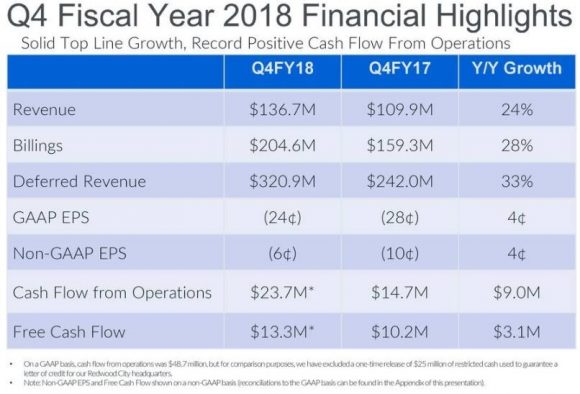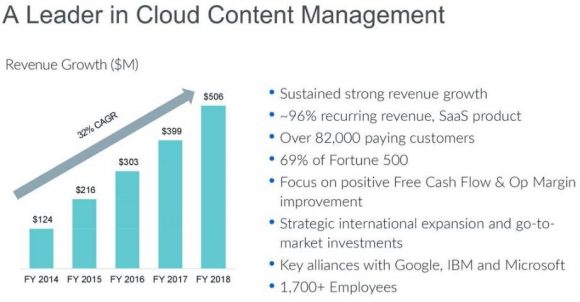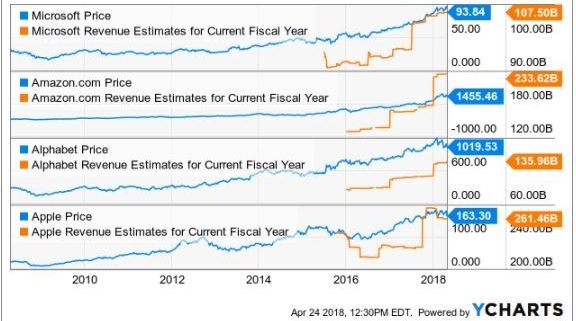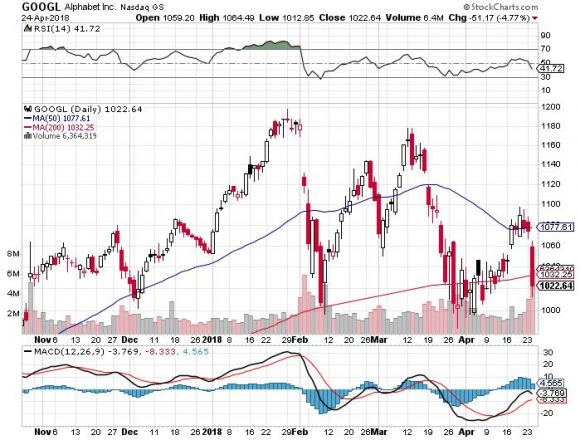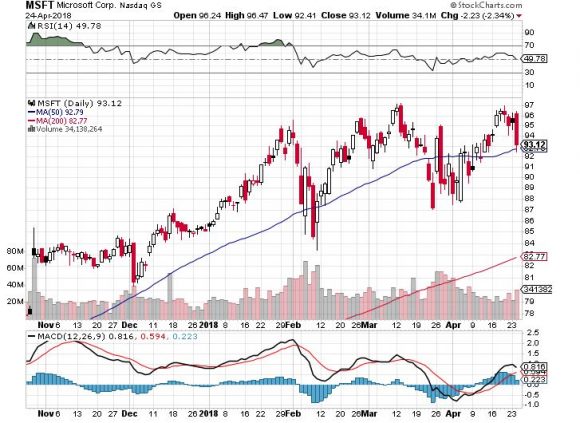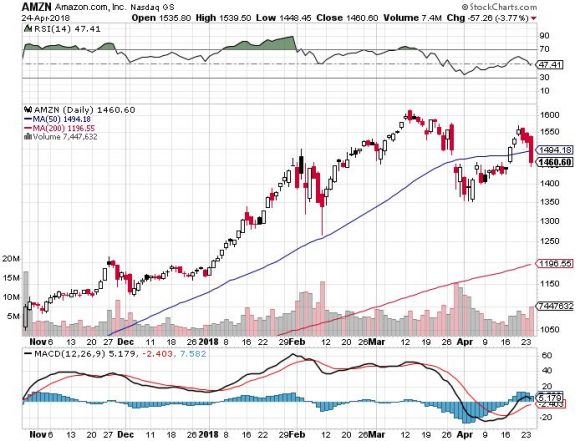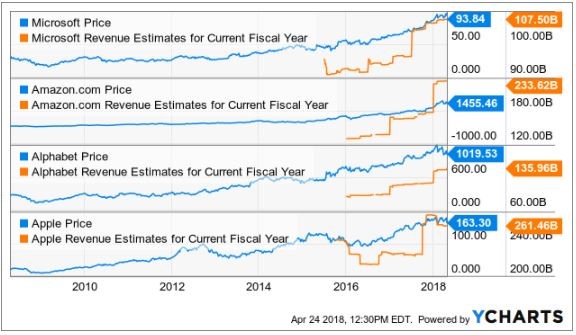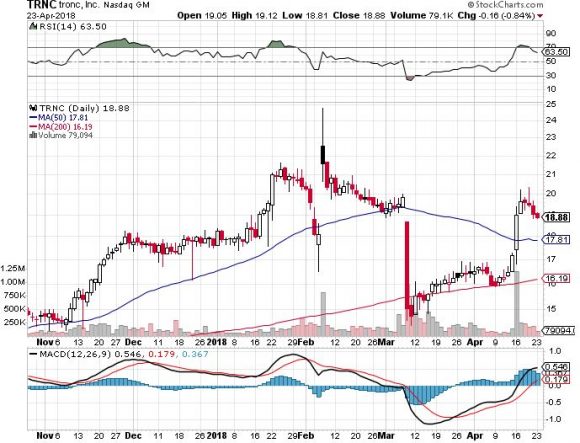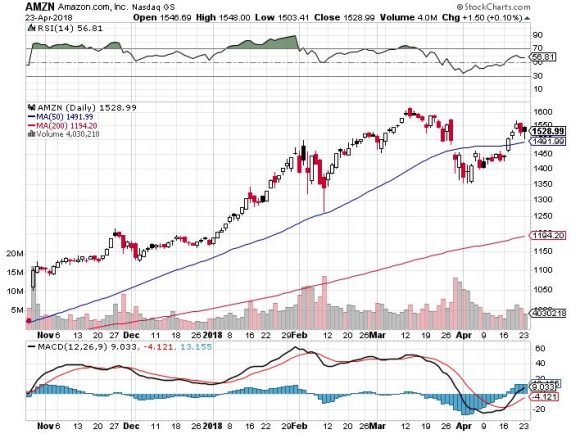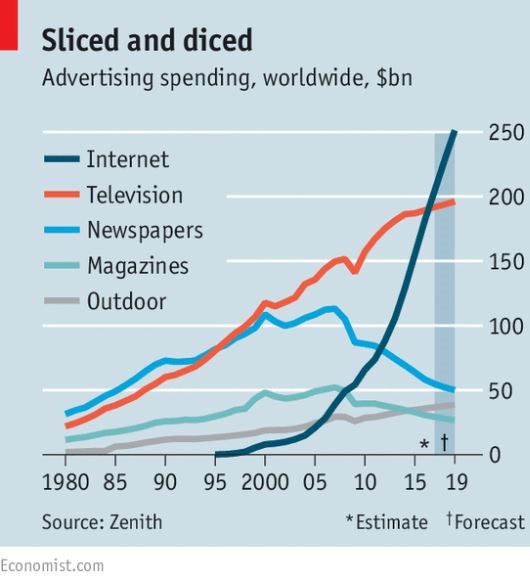The supply side of the chip market is spectacularly volatile, rotating between supply constraints and times of overcapacity.
A good place to analyze the heartbeat of the chip market is across the Pacific on South Korean shores.
South Korea takes pride and joy in having given the world two first-rate semiconductor companies - Samsung and SK Hynix.
Samsung is just behind Intel (INTC) in total annual sales.
American consumers are more familiar with Samsung through its consumer electronics division that constructs Samsung smartphones and tablets.
Samsung's silicon business mirrors the elevated earnings results stateside, as muscular demand derived from global data center expansion devours more chips than Samsung can pump out.
Global data centers in the U.S. and Asia will sustain blistering growth levels into the second quarter.
Samsung has displayed resilience to seasonally shift in the consumer electronics segment by staunchly bolstering its relentless chip business.
Samsung is harvesting the benefits of bountiful investments from over the past decade when this overly cyclical industry was exposed to extreme shifts in worldwide appetite for consumer electronics devices.
More than 70 percent of revenue was generated by the chip division boasting quarterly revenue of $19.25 billion.
In the past, memory chip companies endured a ruthless market environment with a diverse set of players ratcheting up supply on a whim then finding demand crumbling before their eyes.
Restructuring has left the burden of supplying the next generation of technology a backbreaking burden.
Tight chip supply and the general shortage of hardware rears its ugly head in earnings reports with a slew of CEOs complaining about input prices rising worse than global warming sea levels.
In Samsung's earnings call, management groaned that "memory supply and demand fundamentals remain tight."
In SK Hynix's earnings call, it echoed that "demand and supply dynamics in the market will remain favorable."
As large cap tech expands data center initiatives and throws piles of money at autonomous cars, A.I. and cloud computing, Samsung's semiconductor division appears nearly immortal.
Chip prices skyrocketed in this sellers' market and the UBS downgrade of Micron (MU) was a headscratcher.
Analyst Timothy Arcuri turned bearish on Micron citing "cyclical memory concerns" and "big estimate cuts."
Sometimes it feels that analysts don't follow the industry they cover.
It is fair to say chip volume might face marginal cuts closer to 2019, but the pendulum hasn't even started to shift back over to that direction.
Suppliers and buyers both agree that capturing the appropriate volume of chips is the first order of the day.
In response to outsized demand, Samsung will double chip capital spending because of failing to match skyrocketing demand.
Fortifying the bull case, SK Hynix guesstimated DRAM demand for the rest of 2018 to be in the "low-20 percent" and even the injection of new funds for facility expansion is not a proper solution.
Samsung also hammered into investors that it is not in the business to drive the chip prices to zero, and the gross profit metric is more important to them than most people expect.
A goldilocks scenario could ensue with Samsung supplying enough to create price hikes and ploughing its cash back into more silicon expansion.
Korean memory chip producers are expected to enjoy a booming business during the remainder of this year as global DRAM chip demand will surpass supply.
SK Hynix also indicated that server products would supersede mobile products as data center related products are all the rage.
Korea's No. 2 said NAND demand would rise by "mid-40 percent" in 2018, which is double the rise in demand than DRAM products.
Instead of the estimate cuts on which UBS is waiting, the more likely scenario is an easing of chip constraints. The easing will last just long enough before the next massive wave of demand hits with a vengeance.
You read my thoughts - the generational paradigm shift due to hyper-accelerating technology has largely made the boom-bust cycle irrelevant.
Chip demand will go up in a straight line, and this is just the beginning.
Legend has it that demand weakness shows up every 15 years. The last one was the global financial crisis in 2008, and the one before that was the dot-com crash of 2001.
In both instances, the disappearance of demand contributed to massive oversupply. The declining prices set off a price war eradicating margins and revenue.
SK Hynix net profit was $2.89 billion last quarter, an increase of 64.4 percent YOY.
SK Hynix capital allocation layout includes a spanking new factory in Cheongju, a city in South Korea.
The insatiable demand brought on by China's quest for technological supremacy is the market the new Cheongju factory will serve.
International chip directors fret that a sudden breakthrough in local Chinese technology could ignite a supply bonanza of cut-rate semiconductors, forcing a recapitulation of the entire industry that encountered egregious oversupply issues about 10 years ago.
But China can't dump low-cost chips into the market due to technological frailties.
Notice that Chinese capital has been flirting with American chip companies for years without success.
The Chinese government even initiated an investigation at the tail end of last year because DRAM price spikes were indigestible for local Chinese companies.
The dearth of supply is not just restricted to one extraneous niche of the hardware industry, as the tightness is broad-based.
Don't look further than AMD (AMD), which specializes in GPU (graphics processing unit) products and has received glowing reviews for its Ryzen and EPYC CPU processors that boast higher-level performance than previous products.
The RX Vega series is the new line of GPUs from AMD that launched last August. Tech-enthusiast website techspot.com described finding these GPUs on sale in stores as "next to impossible."
AMD is well informed of the market outlook and NVIDIA (NVDA) notes that hardware-intensive cryptocurrency mining is stoking excess marginal demand for its products.
AMD is boosting production, but manufacturing is set back by a component shortage in GDDR5 memory, which is needed in the RX 400 card.
The RX 500 card, part of the RX Vega line, is also having delays with a lack of HBM2 memory.
Crypto-fanatics aren't the only consumers clamoring for extra GPUs; gamers require GPUs to perform at top levels.
AMD has even urged retailers to advise gamers of any outlets where they can buy GPUs because of the dearth of supply.
Gamers are being outmaneuvered for GPUs as crypto-miners usually buy up every last unit to transport to mining farms in far-flung places with cheap energy.
Hardware products cannot be produced fast enough to meet demand.
Other industries vying for a portion of chips are military, aerospace, IoT (Internet of Things) products, and autonomous cars.
Incremental supply is accruing but often the supply is added slower than initially thought. Suppliers are hesitant to double down on new factories because of past, bitter experiences at the end of a cycle.
Management monitors inventory channels like a hawk eyeing its prey, and it's clear that organic demand is following through.
After running away with 22.2% growth in 2017, the semiconductor industry is due to take a quick breather expanding in the upper teens in 2018.
A year is an eternity in technology and calling for production "cuts" in a period of massive undersupply is premature.
The claim of "cyclical" headwinds comes at a time of a new-found immunity to cyclical demand and is dubious at best.
This secular story has legs. Don't believe every analyst that pushes out reports. They often have alternative motives.
Nvidia (NVDA) reports earnings on May 10, and CEO Jensen Huang does a great job explaining the development at the front-end of the tech revolution.
Earnings should be extraordinary. Imagine if the price of bitcoin stabilizes, GPU manufacturers will wrestle with continuous quarters of strained supply.
I am bullish on chips.
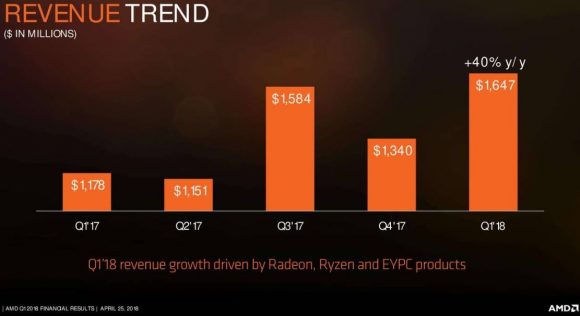
_________________________________________________________________________________________________
Quote of the Day
"Focus on the 20 percent that makes 80 percent of the difference." - said Salesforce CEO Marc Benioff when asked to explain the story of his cloud business.

